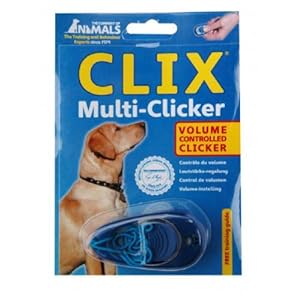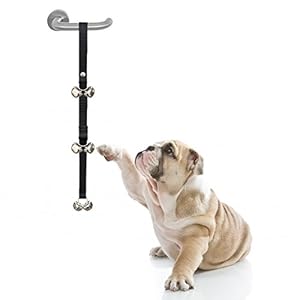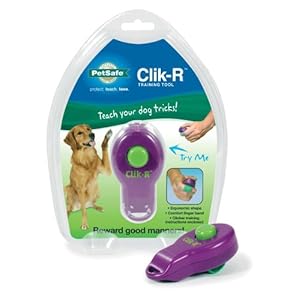
In order for a dog owner to fully benefit from the rewarding and pleasurable experience dog ownership brings they must ensure they provide their pet with the necessary care and correct puppy/dog training.
The environment a puppy is brought up in is vital to ensuring it becomes a well-trained and house-adjusted adult dog.
From the start, puppy owners should ensure their small friends are closely supervised or kept in a ‘dog proof’ environment – a place in the house where there is access to the garden but no access to carpets, chemicals, exposed electrical wiring or expensive furniture – until they know how to behave; are reliably toilet trained and have passed through the phase where they use their teeth to explore their surroundings, which usually occurs at the age of six months.
Owners tend to use their kitchen or a utility room to accommodate their puppy as these rooms generally fit such criteria. Alternatively, a puppy could be placed within a room that is safeguarded by a child-gate, or in a puppy pen of some sort.
Routines
During the first few months, owners should try to get their puppies into the habit of following a routine for:
- Feeding – puppies should be fed at regular intervals throughout the day.
- Walks outside – puppies should be taken outside as soon as they awake, after their mealtimes, and every hour or two.
- Playtime – periods for playtime should be scheduled in to a daily routine.
- Quiet times – periods where the owner is present but not interacting with the puppy, which is crucial for teaching a puppy to learn how to settle quietly and occupy itself with its toys.
Gardens
As mentioned before, a suitable ‘dog proof’ environment must include easy access to the garden as puppies need to be taken out frequently under supervision to help them get used to the garden for toileting purposes. However, owners must not let their puppy go in and out of the garden as it pleases as this can have a negative affect on its toilet training, as well as its recall response.
Puppies that are left to roam outside on their own for any length of time can quickly get bored and frustrated, leading them to developing a destructive, noisy and potentially territorial attitude. Unsupervised puppies can easily:
- dig up lawns and flower beds
- chew on flowers and plants – some of which can be dangerous to dogs
- bury their toys
- bark at every little noise
- learn to chase cats, squirrels and birds – which can develop into chasing joggers and cyclists in the park
- eat bees and wasps – which can be very dangerous
- drown in the garden pond or pool
Owner-Separation Training
A young puppy that is not trained in being separated from its owner for short periods each day can easily suffer from ‘over-attachment’ and ‘separation anxiety’ when left in the house on its own.
In order for owners to ensure their puppy does not become over-dependant on having constant company and to prevent problems with attention seeking behaviour, they should:
- Put their puppy back in its sleeping quarters when it is tired, resting or sleeping.
- Avoid immediately returning to their puppy when it is whining, crying, barking or misbehaving in any way. Instead, owners should either wait until the behaviour has stopped, or create a noise diversion to distract the puppy before seeing to it in a calm and quiet manner.
- Prevent other adults and children becoming over enthusiastic with it, i.e. disturbing sleep patterns, tiring it out, or playing over-exciting games. This will only encourage moody behaviour.
- Avoid smothering it. A puppy that is constantly picked up and carried around can become overly clingy and demanding.
Once a puppy is older, well toilet trained, and happy to be left on its own, its owner can leave it for gradually longer periods. Once an adult, it can be left alone in the house for a maximum of up to four hours at a time.
Puppy Minder
Owners that leave their puppy alone for longer than a few hours on a regular basis run the risk of their puppy getting bored and developing destructive or noisy habits and forgetting its toilet training.
In order to prevent this, owners should consider asking someone to look after their puppy in their absence. The easiest option is often asking a relative, friend or neighbour, but a more suitable choice may be a professional dog sitter minder or a dog crèche. Owners that opt for the latter must ensure that they only use people who have been highly recommended (by several people), cross-check their references and check that they carry appropriate insurance.
Owners that wish to place their puppy in the care of a dog sitter or minder should also make a trip to the centre to check how many dogs they keep at one time and the conditions they are kept under. Young puppies can often end up bonding more strongly with other dogs than with human company, which can lead to them being excessively distracted by other dogs when being walked.
Puppy owners should also:
- Ensure that they always take their puppy to the sitter’s home, instead of letting them collect and deliver the puppy back, to check that they have not handed the puppy over to someone else to look after
- Make sure that their puppy is getting along with its companions and is not being taught bad habits, being bullied or learning how to become a bully.
- Have a back-up plan in place in case their puppy does not get on with any of the other dogs.
No-go Areas
Finally, there are a number of areas in the house that should be made out of bounds for a young puppy. These include:
- Stairs and steep drops – running up and down stairs can damage a puppy’s delicate growth plates, causing long-term damage.
- Bedrooms – a puppy may end up urinating on the carpet or bed and stealing items if left to wander. Owners that want their puppy to sleep in their bedroom should have it sleep in a crate to avoid any problems.
- Bathrooms and wet surfaces – playing around on a slippery surface can lead to accidents and cause injuries.
Buy Puppy Training Products






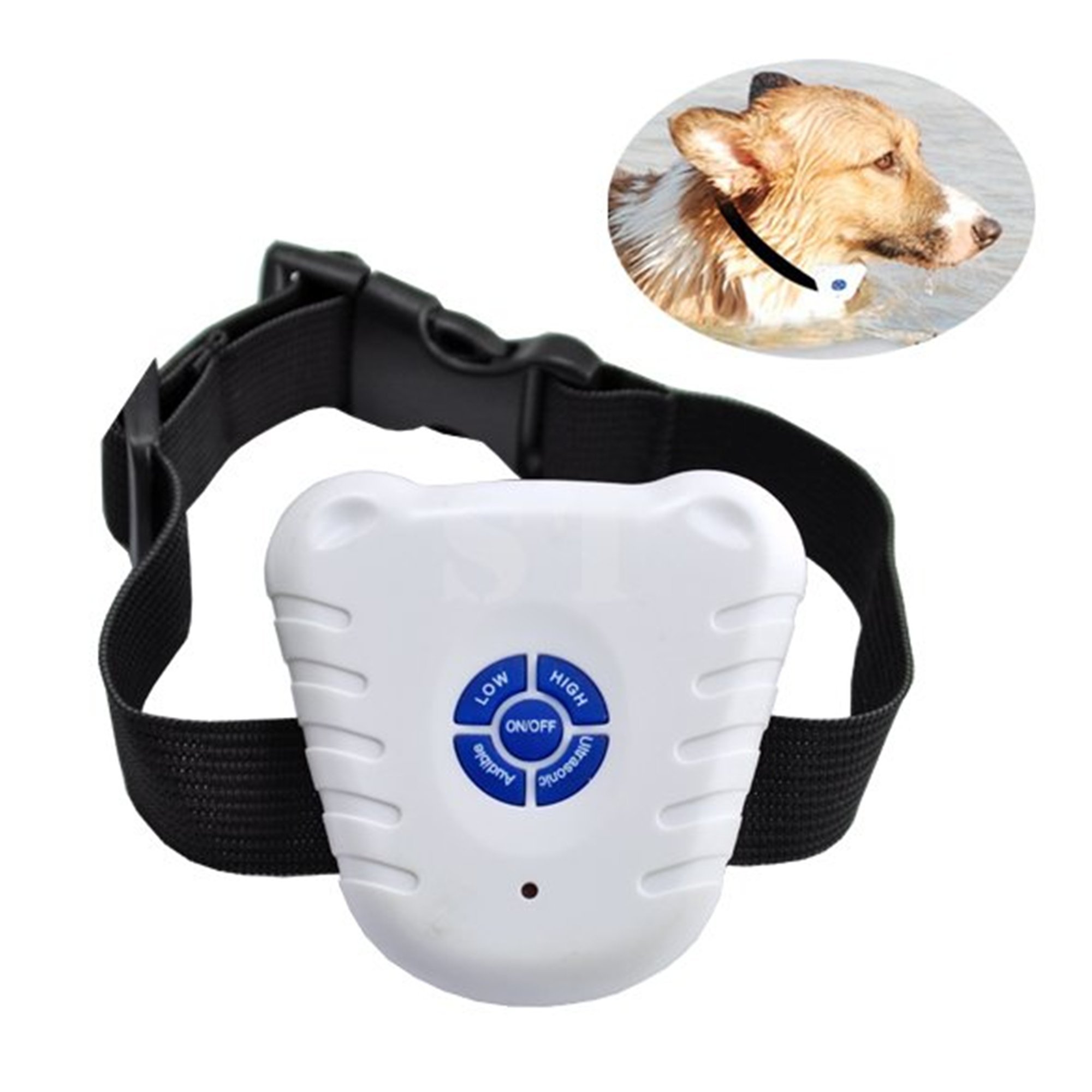





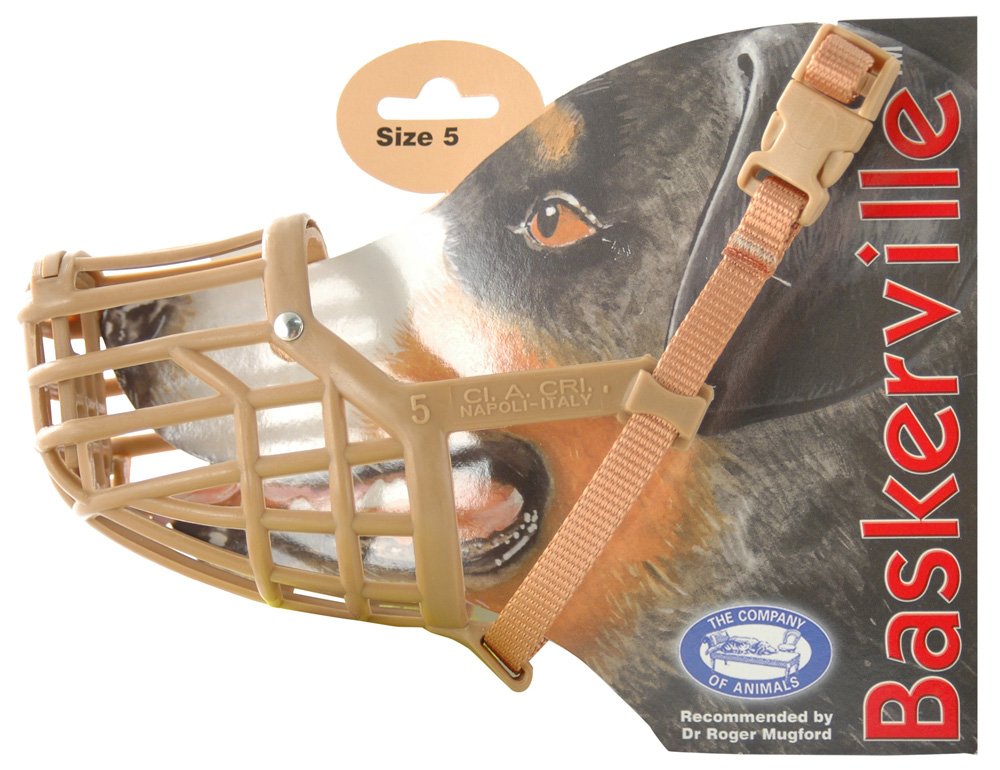

![Petilleur Automatic Bark Collar [Intelligent Dog Anti-Bark Collar] Dogs Bark Control Training Collar for Small & Medium dogs, Humane Barking Stopper with Sound and Vibration (Trendy Camouflage Color)](https://images-eu.ssl-images-amazon.com/images/I/61dMSuUfVXL.jpg)







